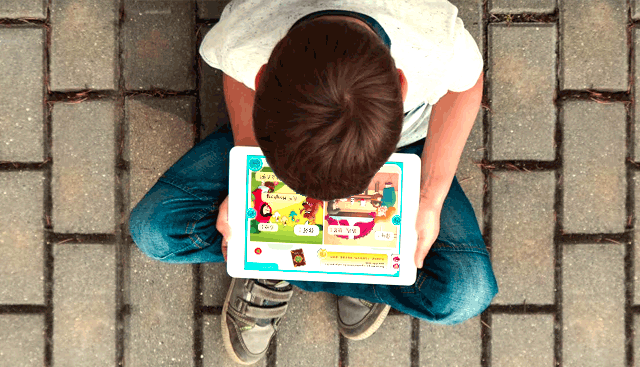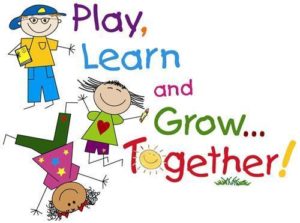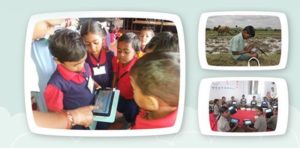


India has come a long way from children droning in unison : “two twos -aa fore” to actually understanding that twos of anything, multiplied twice, results in four of that anything.
Getting a standardized assessment of growth and learning in a child who recently started grasping the whys and hows of the world, has been quite a challenge. Most pre-schools and kindergartens usually have customized curriculum as per local essence in upbringing.
Practical application of theoretical guidance, when it comes to elementary learning, has been slow in the Indian child development scenario. Children have been spoon-fed where they enter a cycle of rote learning, as the early upbringing and knowledge imparting efforts are still quite conventional in nature.
However, parents are realizing, the need to instill in their kids, the basic skills of self learning. Also, owing to a fast changing world, a lot of focus presently has been shifted towards inculcating the ability to apply thought, adapt and become a learner. And here we are discussing a generation of kids that will never remember the time before internet, smartphones and tablets.
Digital-interactive active learning:
Today we come across children modelling the actions of parents talking on smartphones, watching youtube videos or reading e-books. Owing to this, the Indian early education and learning sector is now shifting focus to age appropriate digital activities that enable children to develop an inclination towards reasoning.

Interactive Digital learning methods are able to overcome the biggest challenge in early child development:
Out of the various studies and surveys that have been carried out on child development through digital learning, it has been found that integrating the same into early childhood, works best when child-interface engagement is enhanced. Actions such as talking, reading, constructing, pretending and exploring have been known to accelerate intelligence and growth.
A survey on progressing young minds and child development with respect to digital learning was conducted by a leading national daily. Based upon responses from 1,167 Indian parents, the survey mapped parents expectations regarding children’s cognitive growth as they leverage digital means of learning, and the actual development graph. By the end of all studies and research, it was found that child development and growth through digital tools is almost at par with conventional methods. To top it all it was seen that 58% of Indian children showed positive behavioural changes once they started using digital platforms. This constructive development can be ascribed to better connect, engagement, child’s interest as he/she comes across newer activities and morally enlightening stories.

There is a progressive relationship between active learning & development and digital tools.
And Indian parents, especially those who have kids in the early development phase (Ages 0-8), are fast realizing this and also using digital tools of development as redressal mechanism , as they introduce their kids to new activities when they don’t get to be involved in, at school.
Mobile apps and self learning
As 42% parents from the survey use mobile apps so that their kids can hone their intellectual capabilities, one fifth of all survey participants gave dedicated digital devices to their kids, which the latter used for less than an hour on an average. This comes as good news because although parents want their kids to grow intellectually, they also have to monitor the child’s usage of these devices. Indian parents are quite wary of the negative impacts of mobile handsets on their ward’s health.

The primary motive for adopting digital edutainment tools for most parents is cultivation of good habits, sharpening language skills and overcoming the ills of rote learning which their kid may be involved in, elsewhere.
Kudos to Indian parents for adopting progressive means for their child’s benefit. Because of this we are looking at a future generation of sharp learners and minds that developed a sense of self dependent learning, right from an early age.